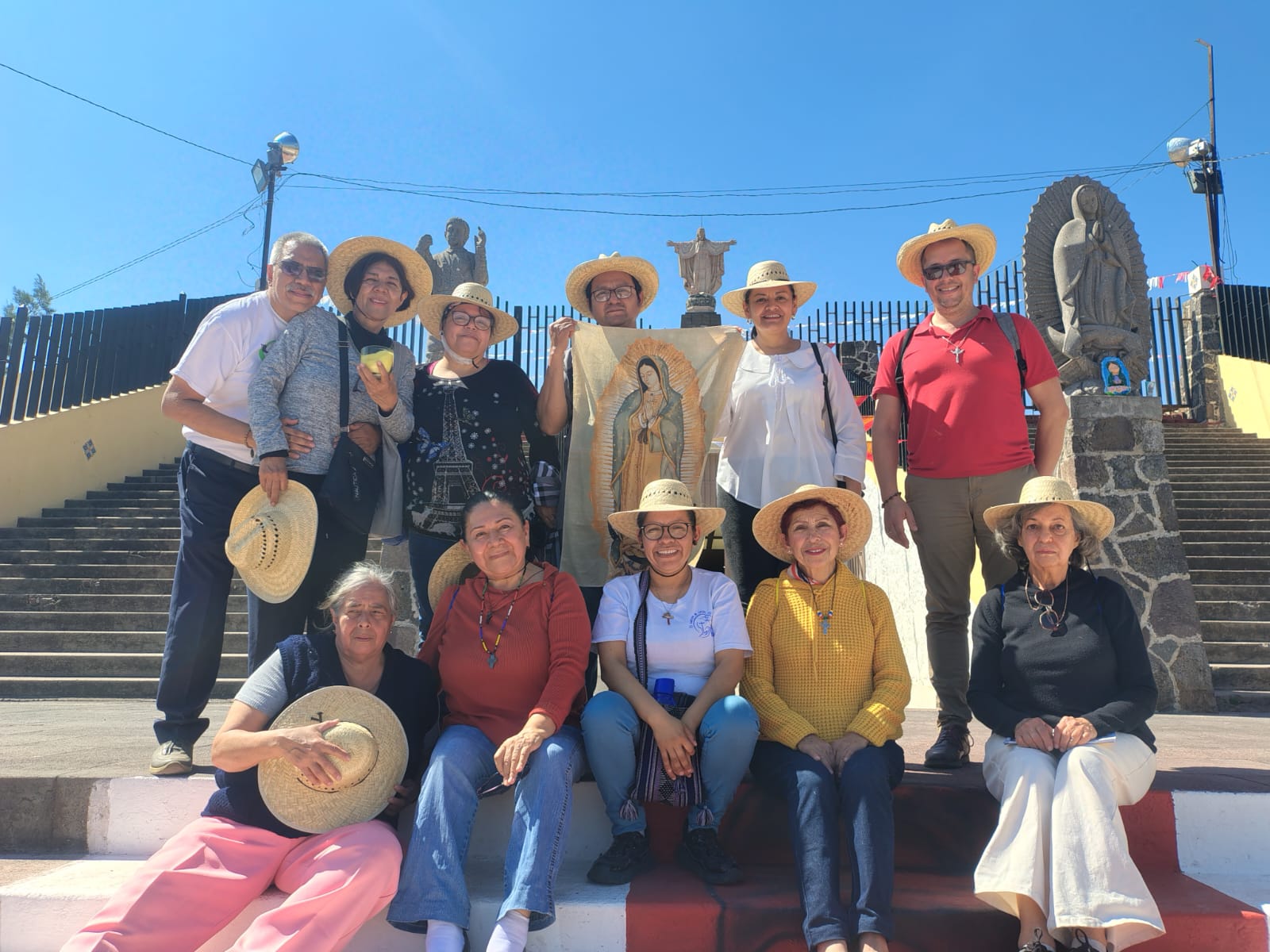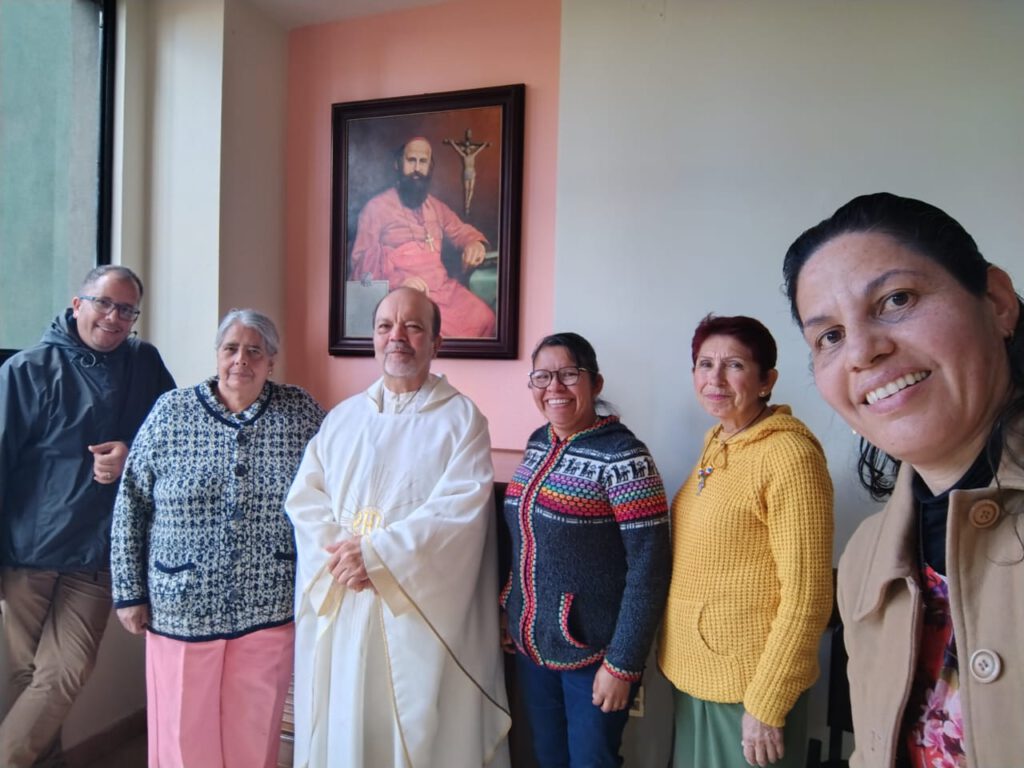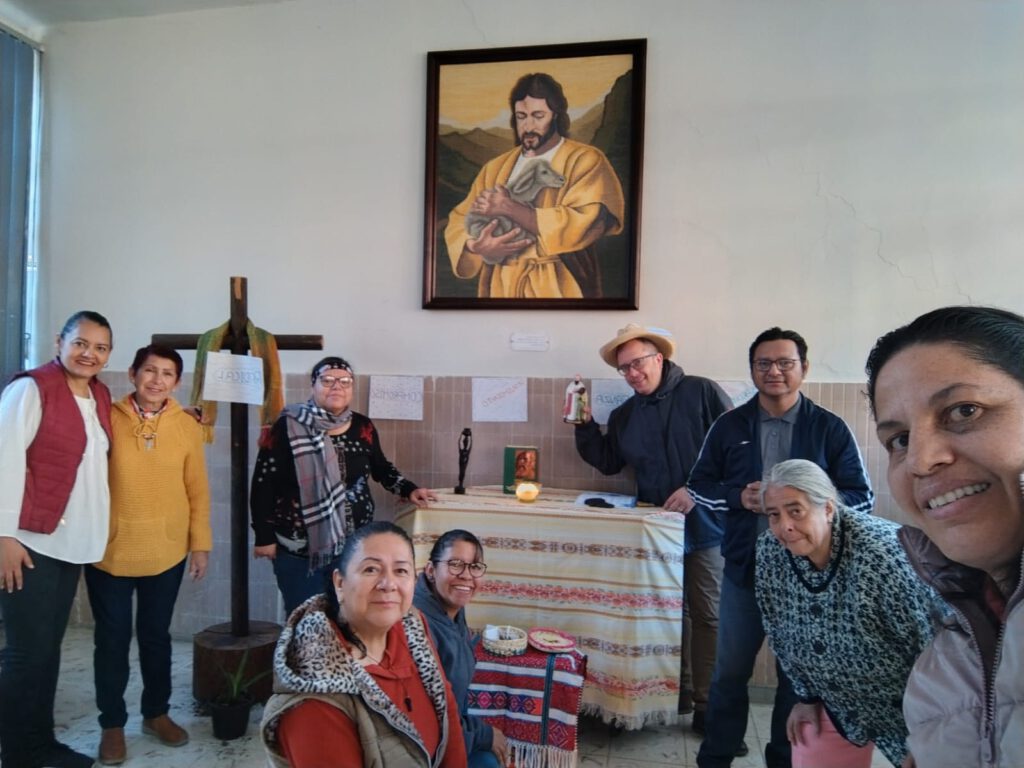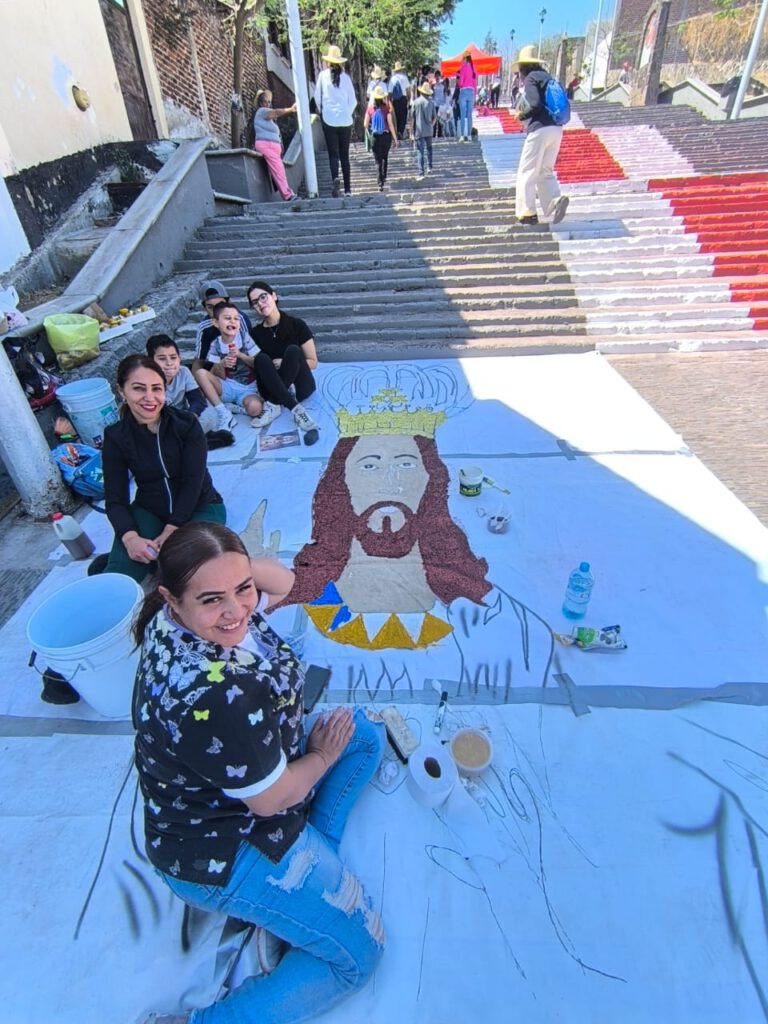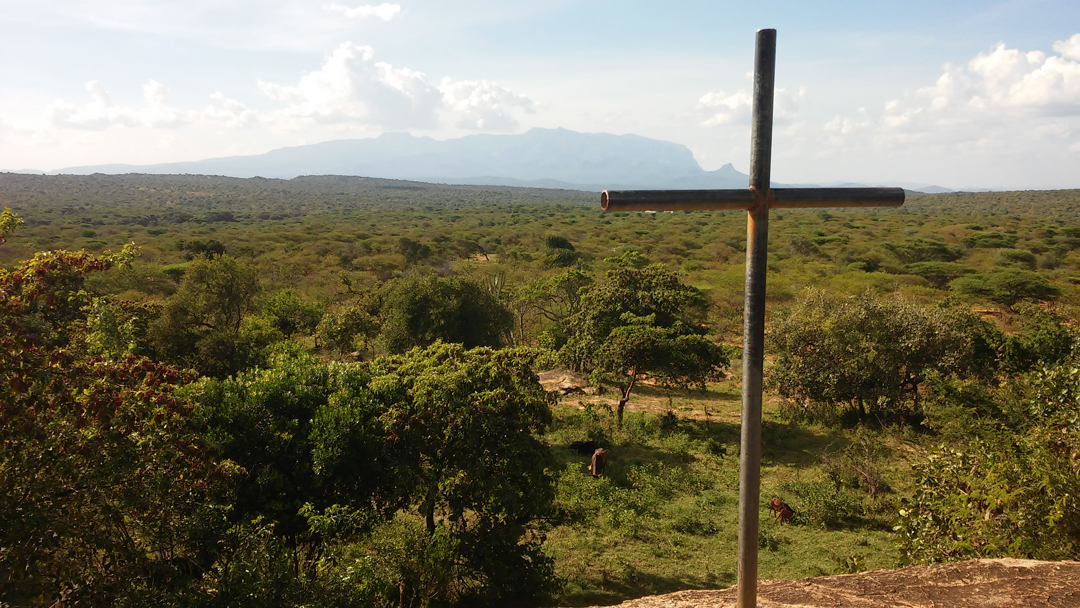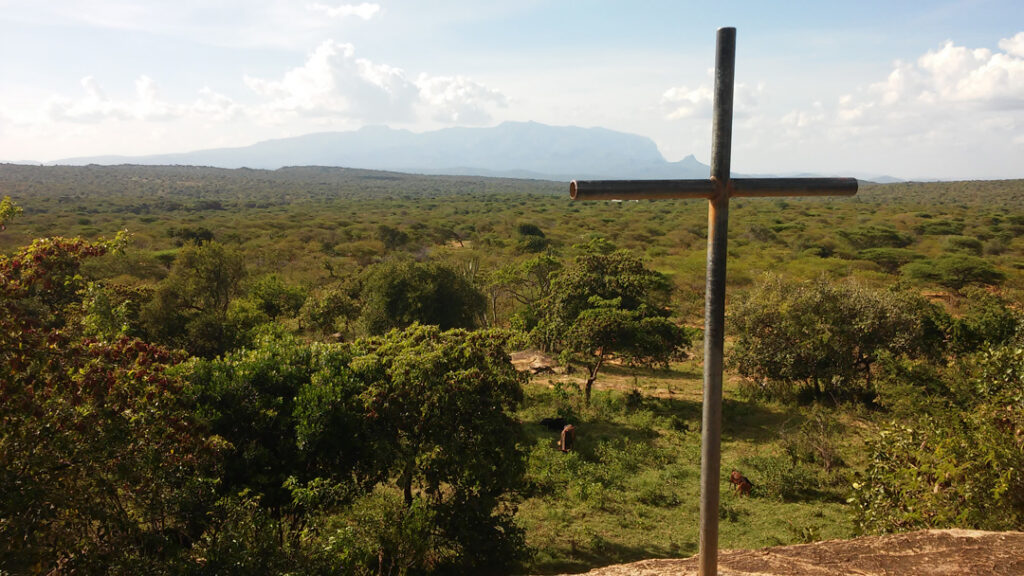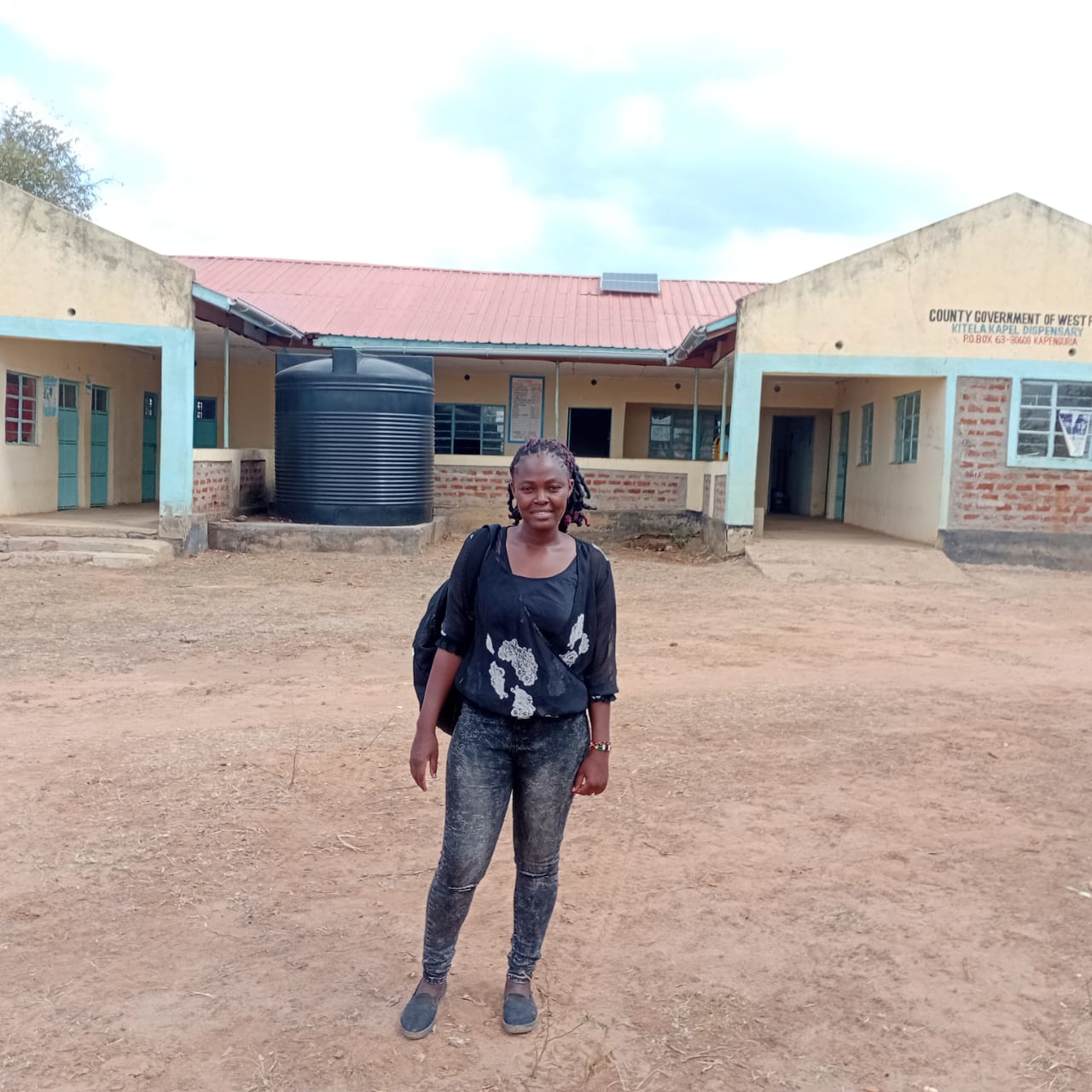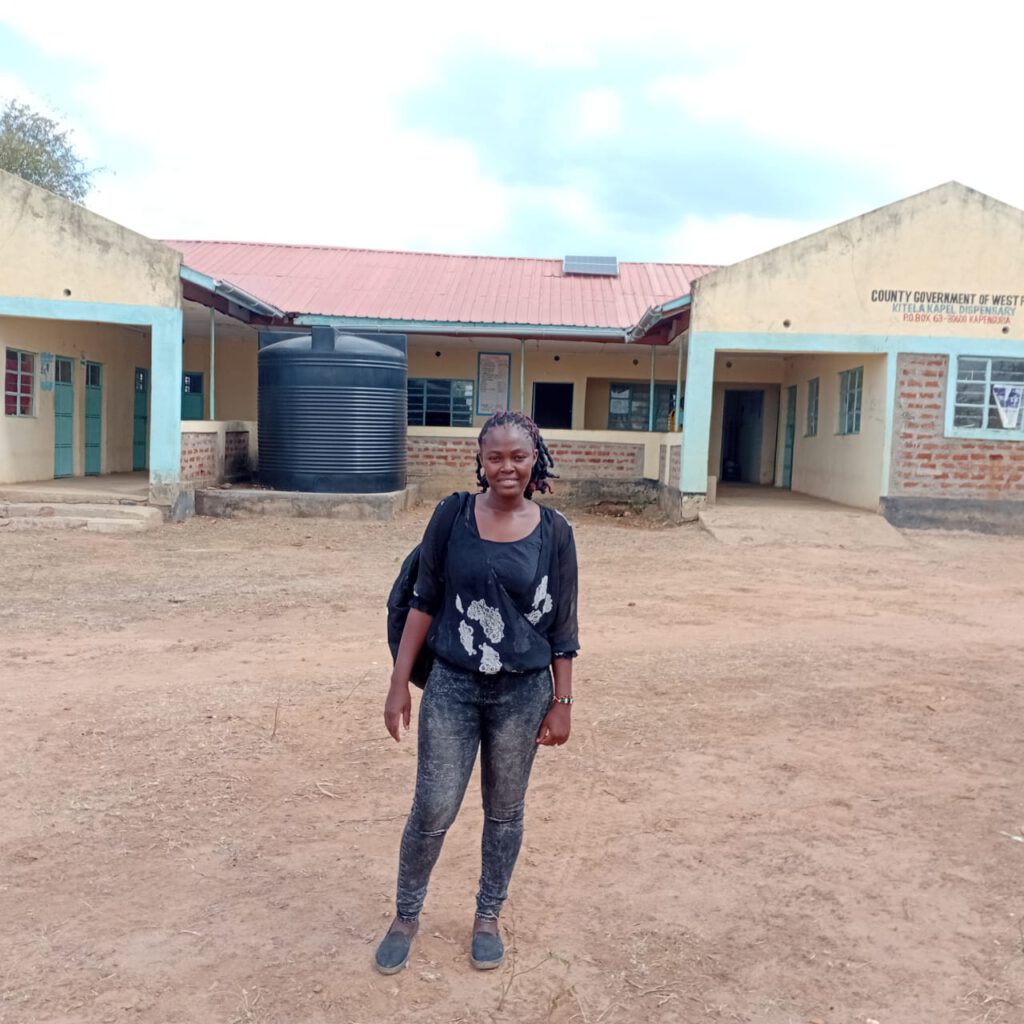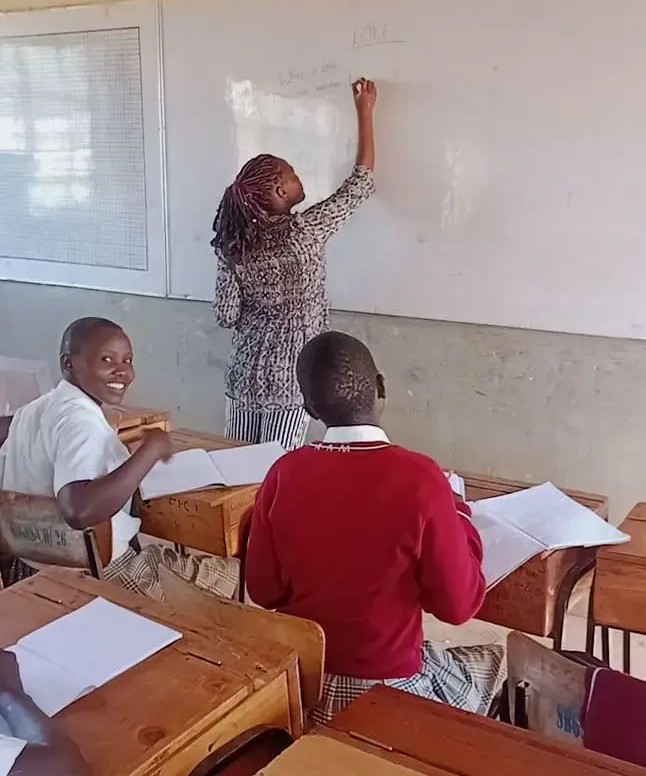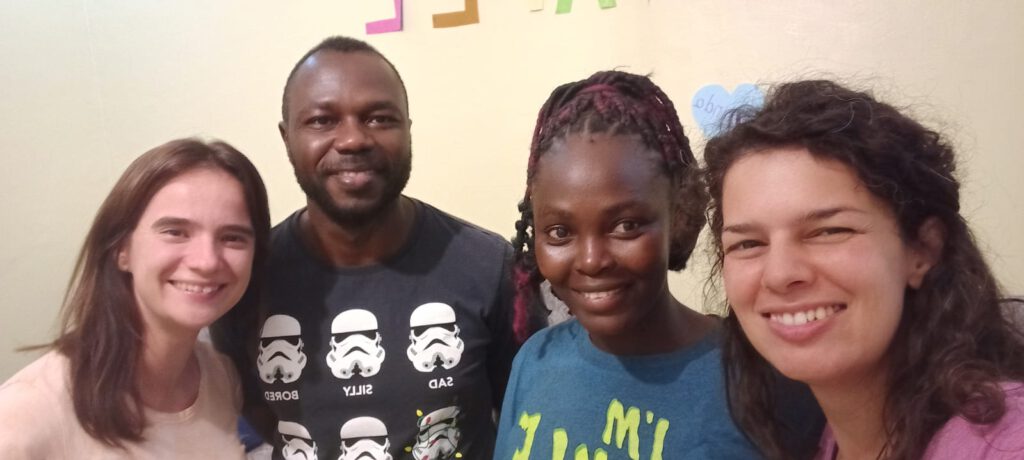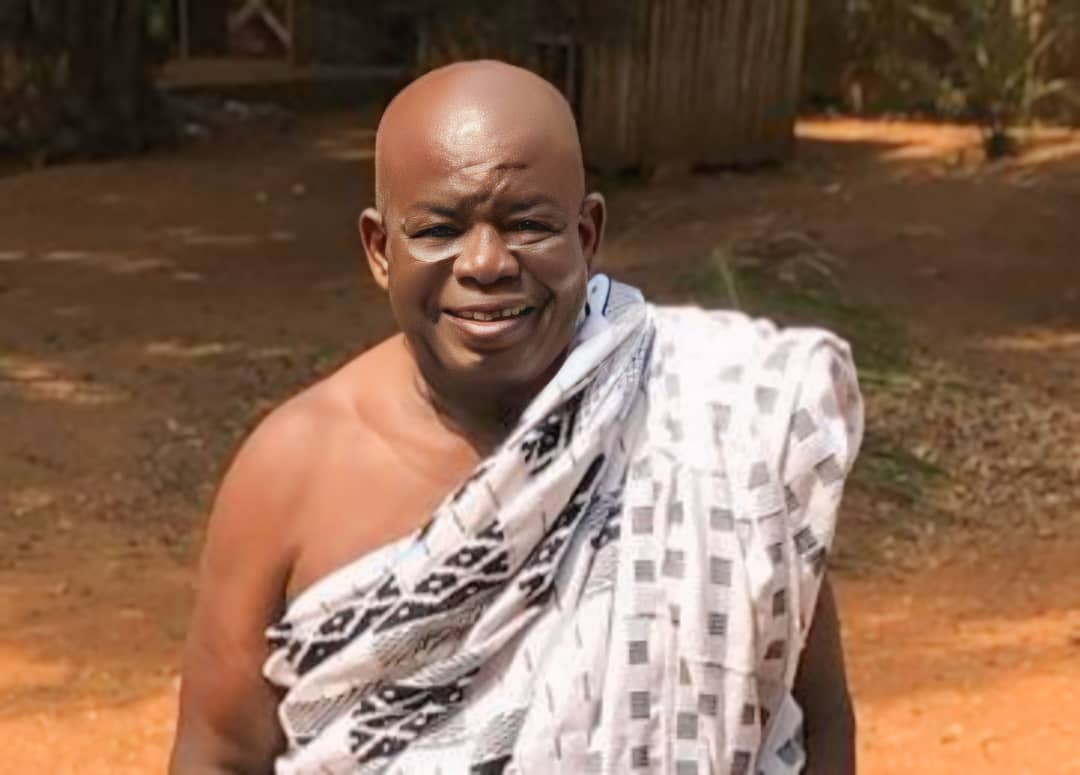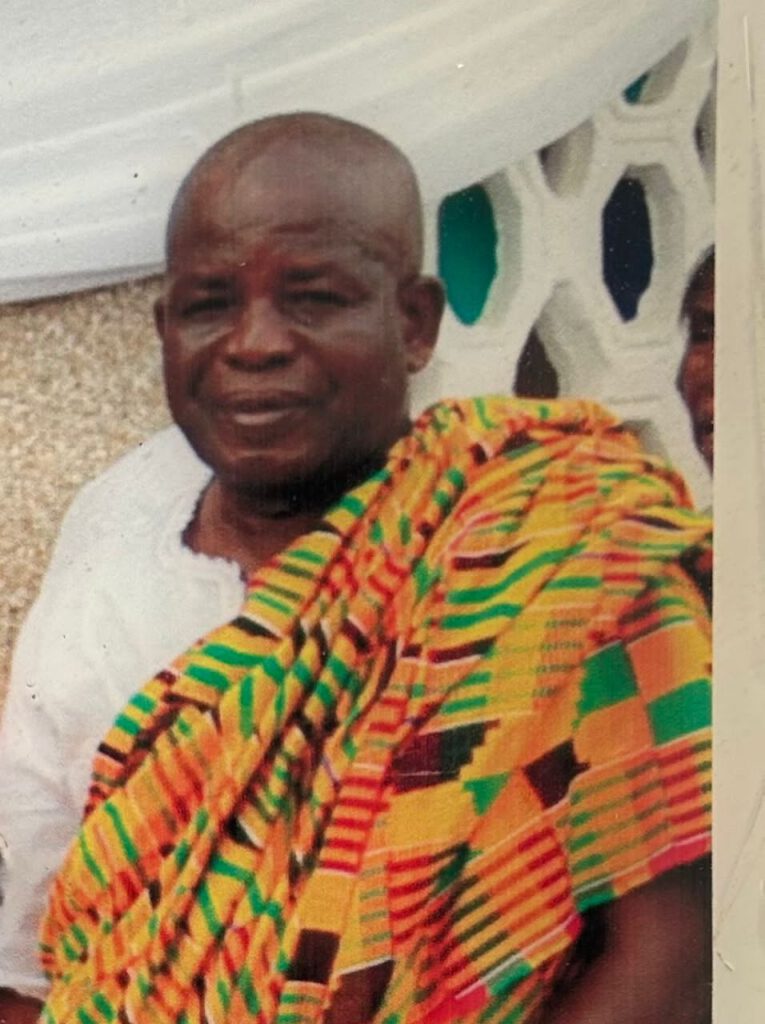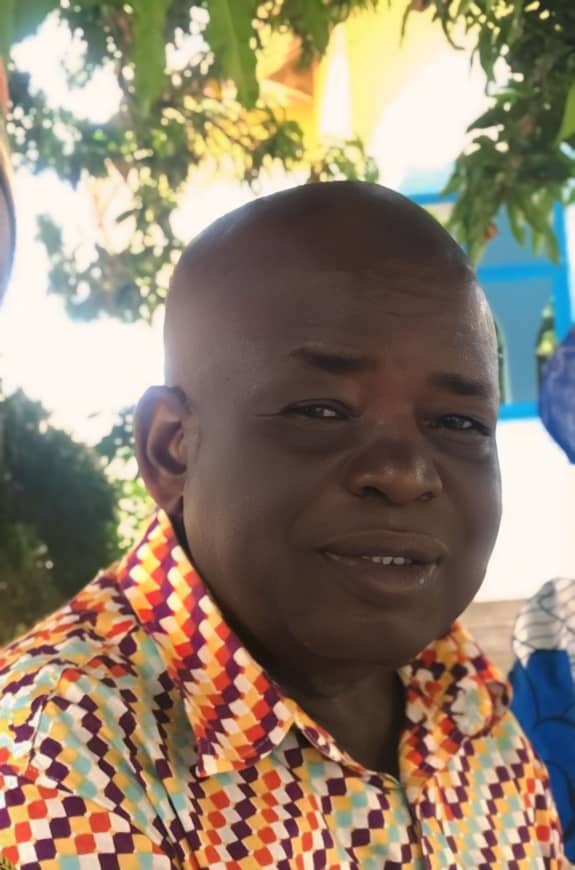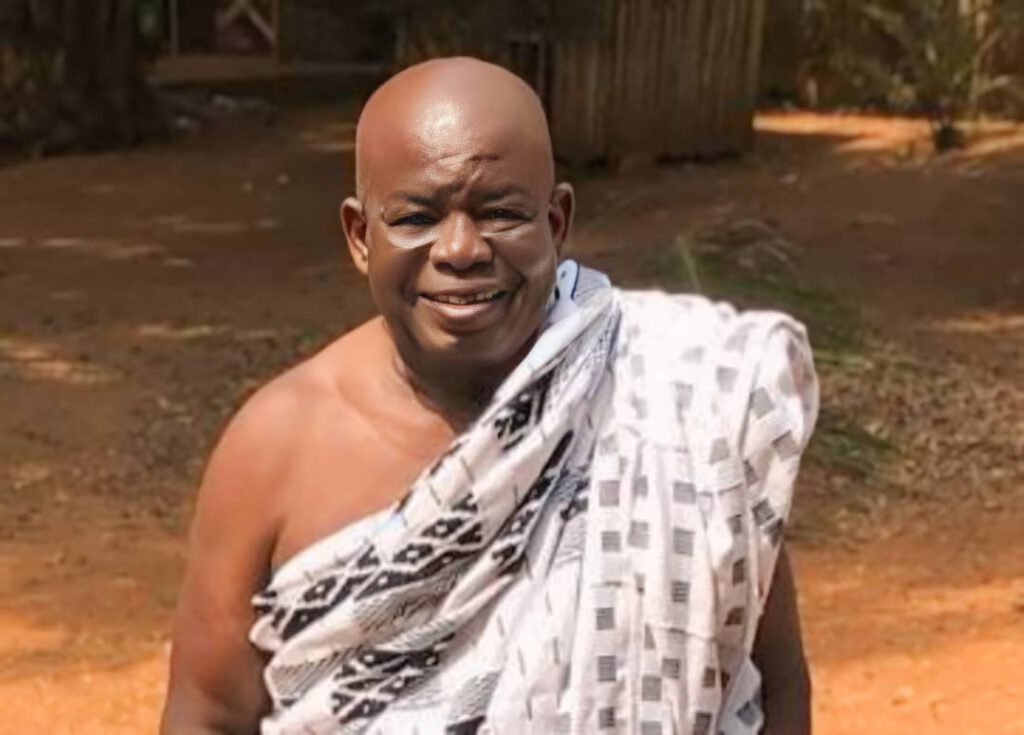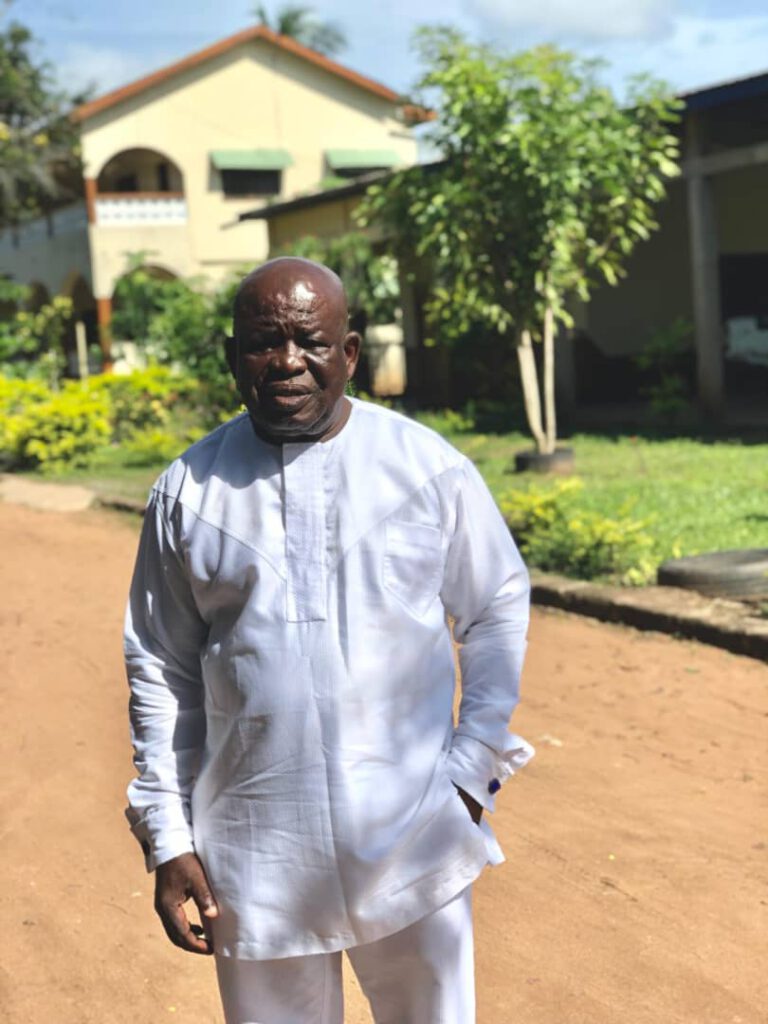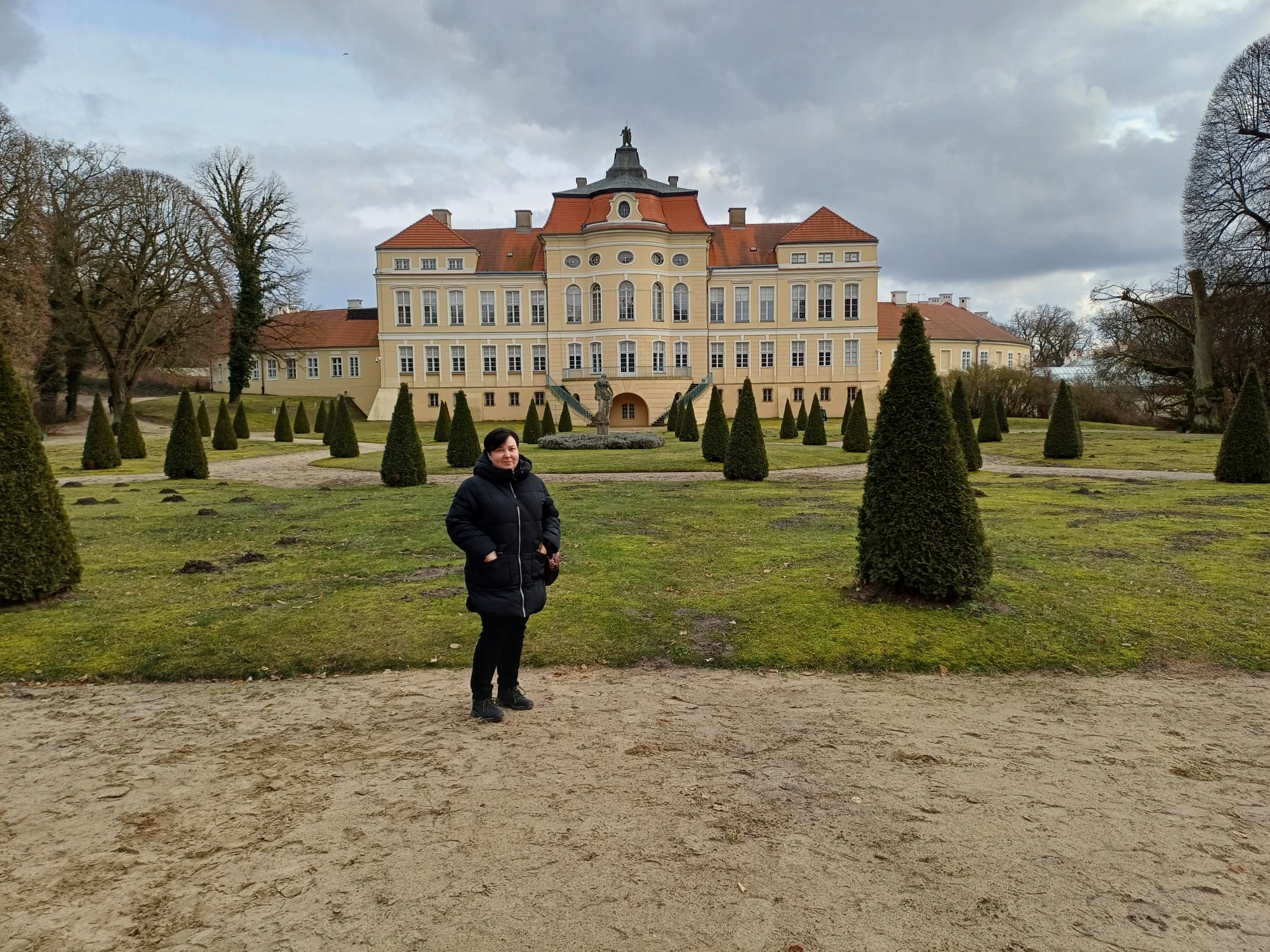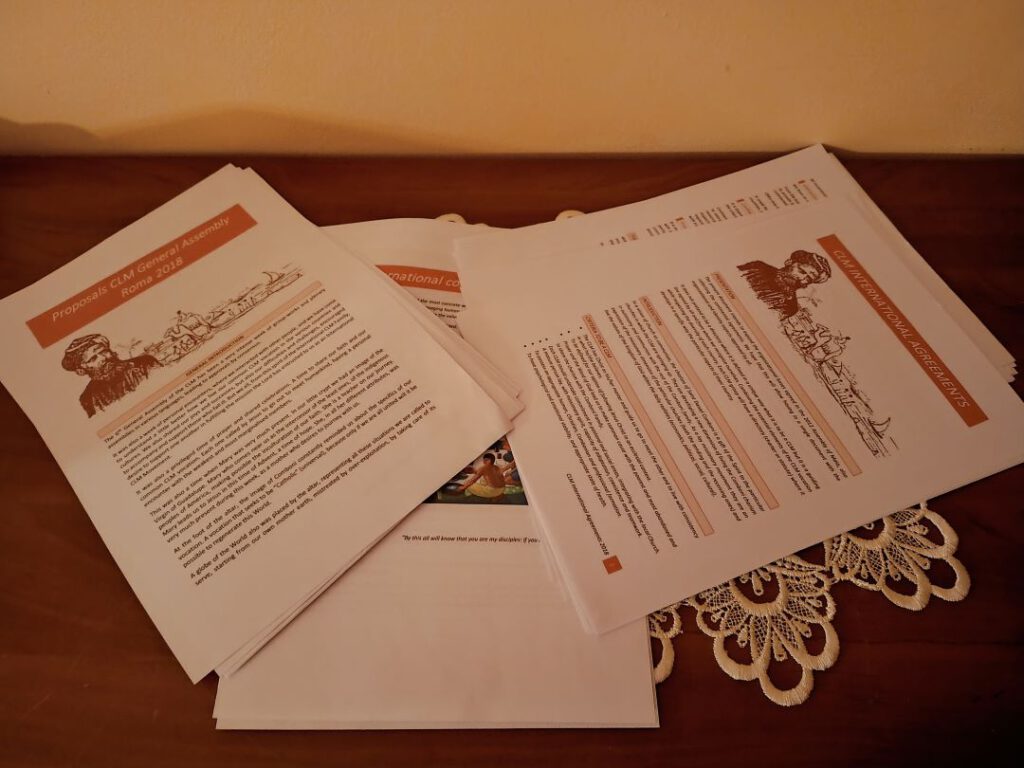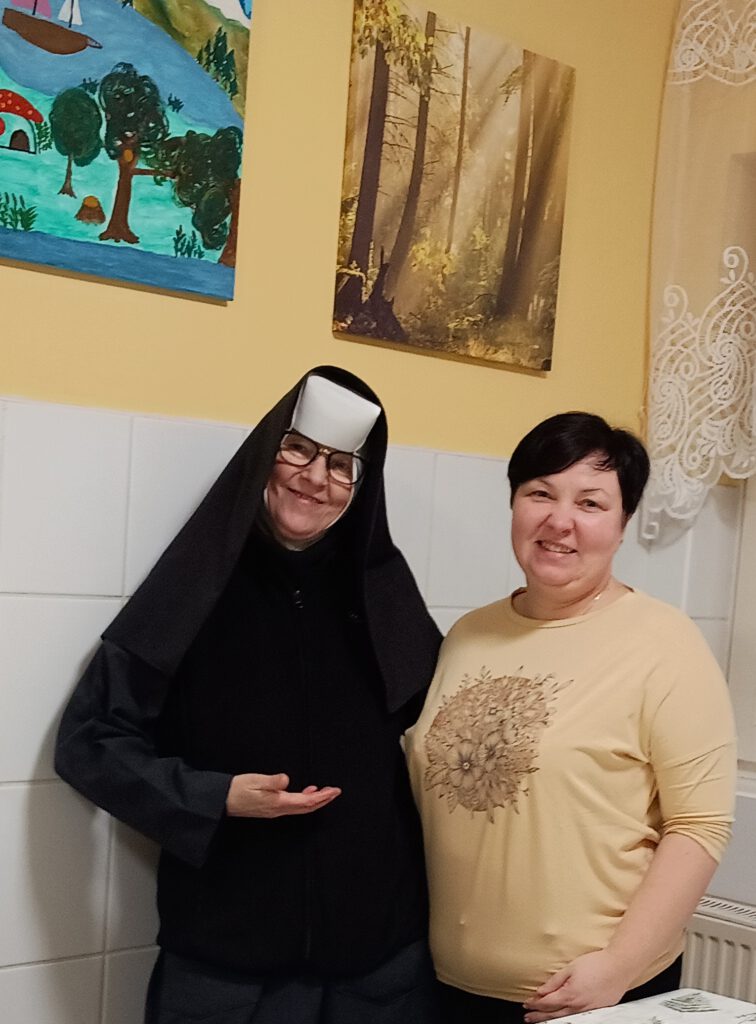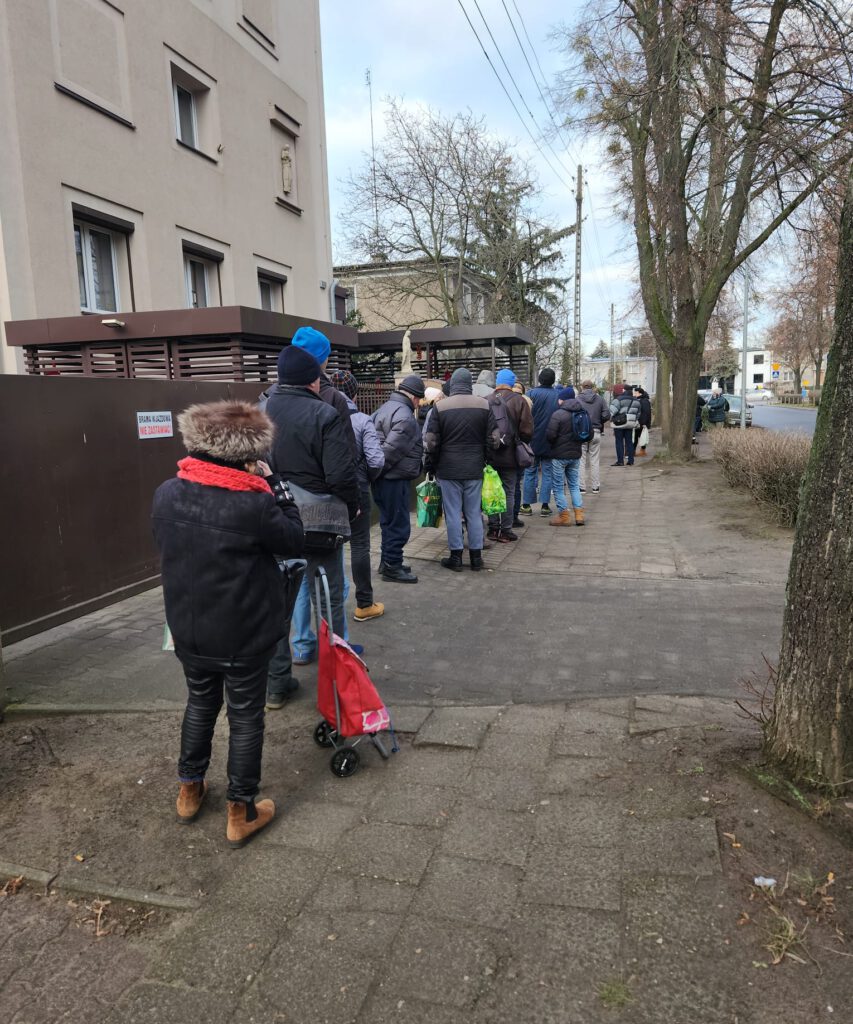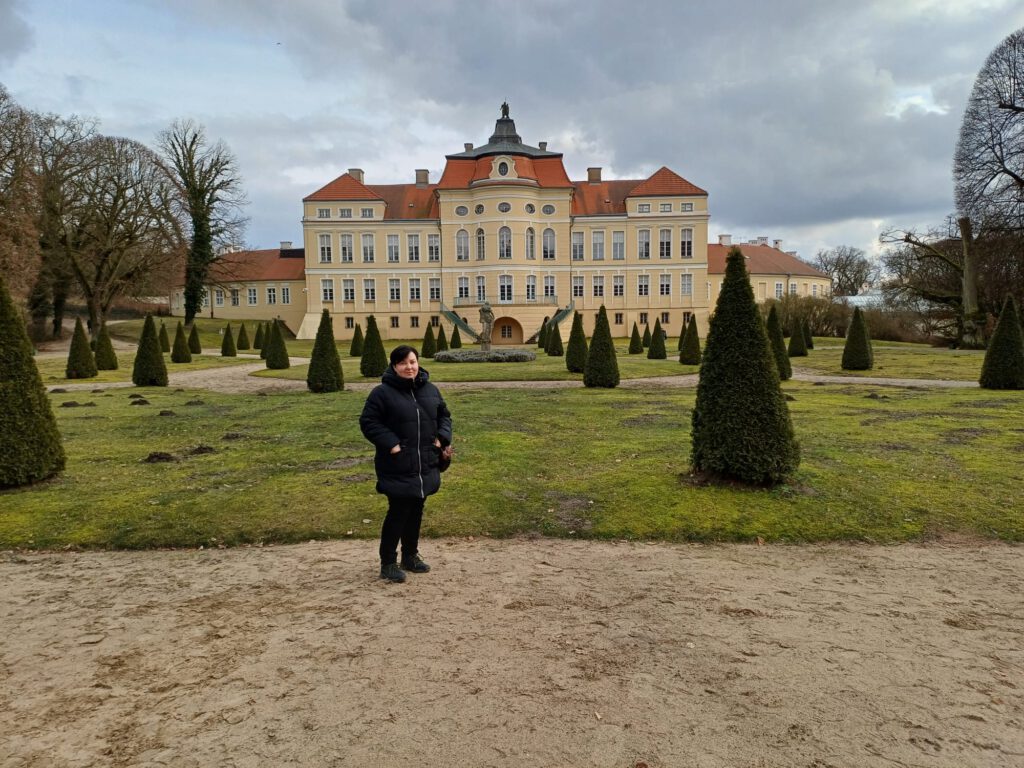On January 21 I started a trip that I was looking forward to, in which I began to live an experience of community life and specific formation, and then put myself at the disposition of the mission Ad Gentes, within the experience we have had the opportunity to go to some states to visit and live experiences for individuals, one of these was in Sahuayo.
On Saturday, February 1, we left Xochimilco, Mexico, on our way to Sahuayo, after approximately 7 hours of travel with my sisters of the community and Father Filomeno Ceja, MCCJ, we arrived at the Minor Seminary of the Comboni Missionaries, where we stayed and shared some Spiritual Exercises that were directed by Father Juan de Dios, which ended on Friday with the Holy Eucharist at noon, they were very useful to reaffirm my spirituality and the call to the mission.
That same Friday at 5 pm, other CLM arrived from various parts of Mexico, to participate in the National Retreat, this meeting helped us to integrate as a family, seek and understand our ideals, working with and for the same goal, thanks to the support of the Parish Priest of the Sacred Heart of Jesus on Sunday we did missionary animation, this in order to raise funds for the mission to be opened in Metlatonoc, Guerrero. During the retreat we lived moments to get to know ourselves, Eucharistic adoration, reflection, sharing and commitment to the mission.
In life, all experiences help us to grow and develop as integral persons, I tell you that personally, what we lived in addition to the retreat, between Friday, Saturday and Sunday surpassed my imagination, because they do tell you, but to live it is something very different.
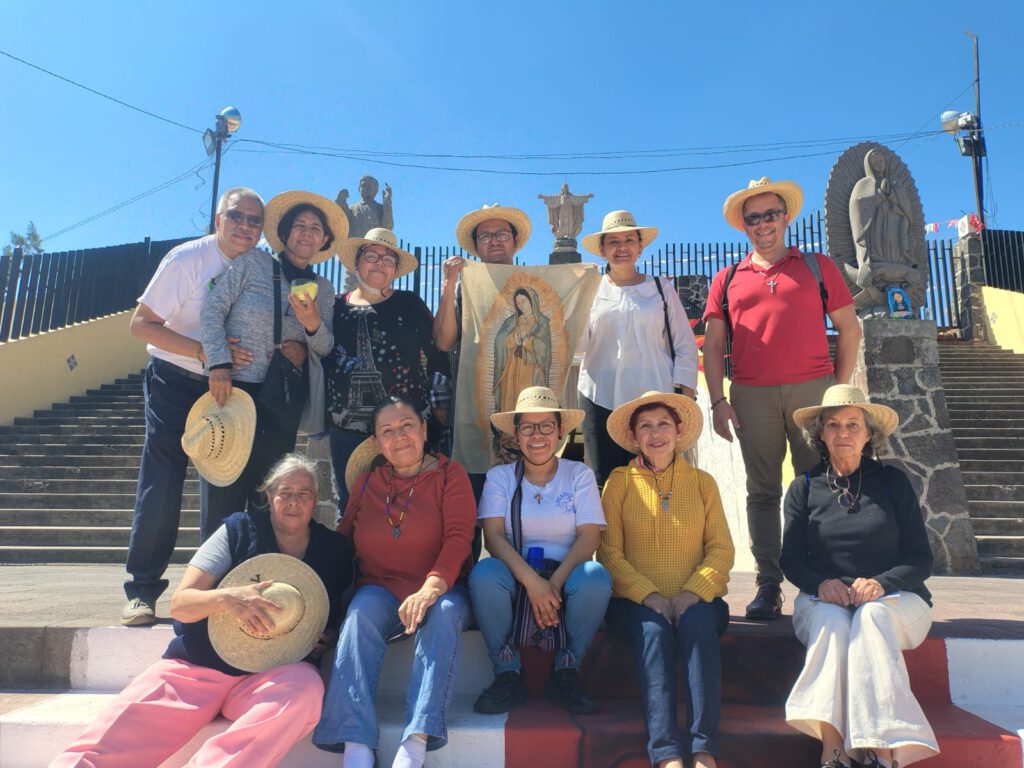
Here in Mexico within its abundant history, the famous “Cristeros War” is told, where the people were forced to repudiate or rather to deny God, in this city and others died many people killed by the government of Mexico, ordered the closure to the worship of the Catholic Faith, today they are Martyrs in our Church.
In the “Calzada de los Mártires”, where on both sides of the street is full of trees, where they hung people who were discovered professing their faith to die in front of the people, that is one of the forms of martyrdom that received all those soldiers of Christ who bravely decided to give their lives before denying Christ, among the many martyrs that exist is one, very young, but brave, his phrase “it was never so easy, to win heaven…”. José Sánchez del Río or San Joselito as he is affectionately known today, who as a boy of only 14 years old joined the Cristeros to defend the faith, being an assistant to General Gorostieta, carrying the banner of the Virgin of Guadalupe on the Cristeros’ flag. He was captured in the city of Cotija by the government after he was left without a horse because he put it at the service of his General.
He was transferred to the city of Sahuayo where his prison was the Parish of Santiago Apostle, where the military had their barracks, they had it full of animals, in the main altar were the roosters, this made Joselito angry and at night he killed them saying … “The temple is God’s house and no place for these animals” … this was the cause that made advance his execution, infuriating the Captain. The political leader of his town, who was his Godfather of First Communion, was the one who gave the order to kill him, under pressure from the Captain, for not risking his life or public position, proceeding with the tortures from blows, stab wounds, to cutting the skin of the soles of his feet, making him walk about a kilometer, until he reached the cemetery, and in every step he took he shouted loudly “VIVA CRISTO REY Y SANTA MARIA DE GUADALUPE” (LONG LIVE CHRIST THE KING AND SAINT MARY OF GUADALUPE!), this cry I dare say was the motto of all the martyrs who died in that war, and for Joselito was his direct insurance to reach the altars, because in addition to martyr, Pope Francis canonized him on October 16, 2016, and his feast is celebrated every February 10.
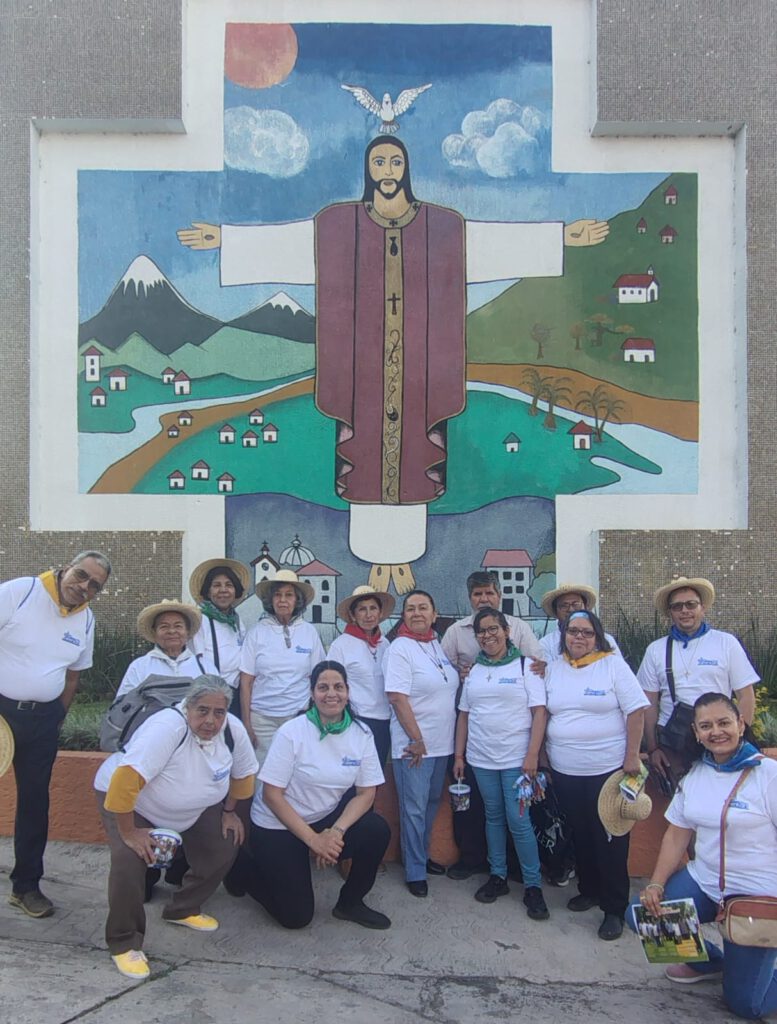
For the Sahuayenses it is a reason for joy and celebration, different activities are organized and carried out: “Los Tapetes” from the hill of Cristo Rey to the birthplace of Joselito with much love they make tapetes with artistic designs of painted sawdust that form colorful religious images; “La Molienda” takes place in the Calzada de los Mártires where the pilgrimage that leaves the Cemetery arrives to live the Eucharist in memory of the murdered people, all the neighbors that live in this street organize themselves placing altars presenting scenes of what was lived, as well as typical dishes of the place to give to all those visitors who want to, I was particularly struck by the fact that in that same place, which was once an avenue where a lot of blood was shed, today it has become a symbol of fraternal love, solidarity and mercy; “La Cabalgata” and ‘La Caminata’. The celebration and the remembrance is great, thousands of people come from surrounding towns on horseback or on foot leaving early Saturday from Cotija where Joselito was captured and arriving in Sahuayo where he was martyred, they arrive at the Sanctuary of Joselito, which is currently under construction, but is undoubtedly a place of pilgrimage and devotion, upon arrival they participate in the Eucharist scheduled at 14:00 hours.
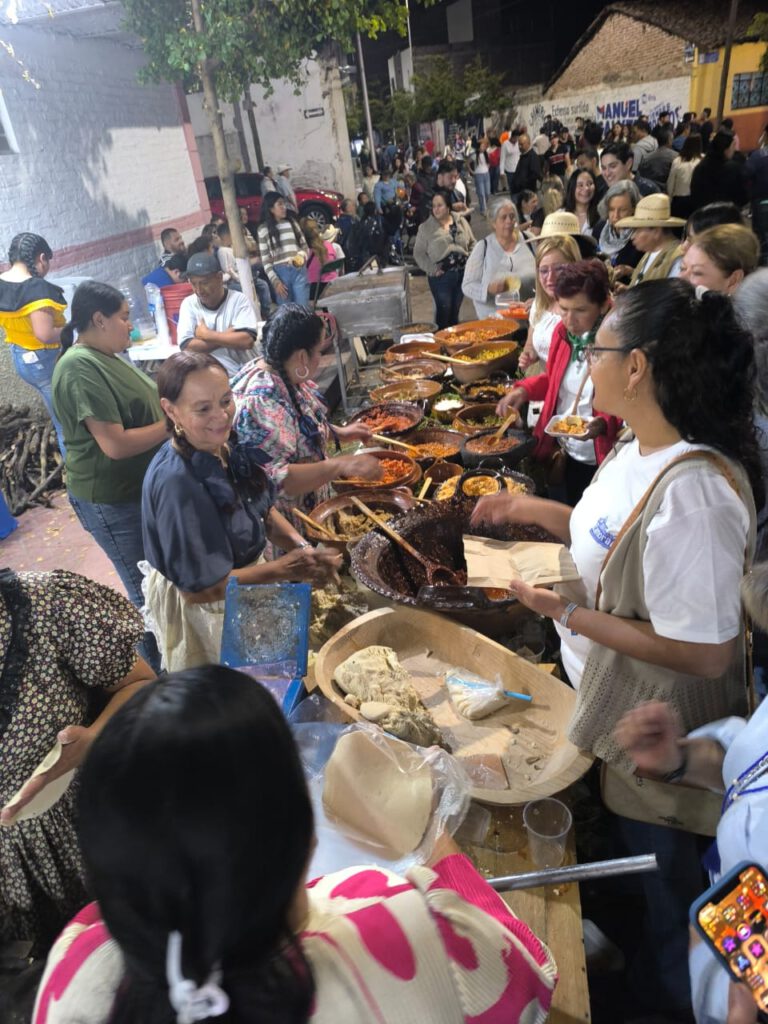
May our faith continue to grow and be as firm as that of San Jose Sanchez del Rio, San Joselito de Cariño.
LONG LIVE CHRIST THE KING AND SAINT MARY OF GUADALUPE!
SAINT JOSELITO, pray for us…
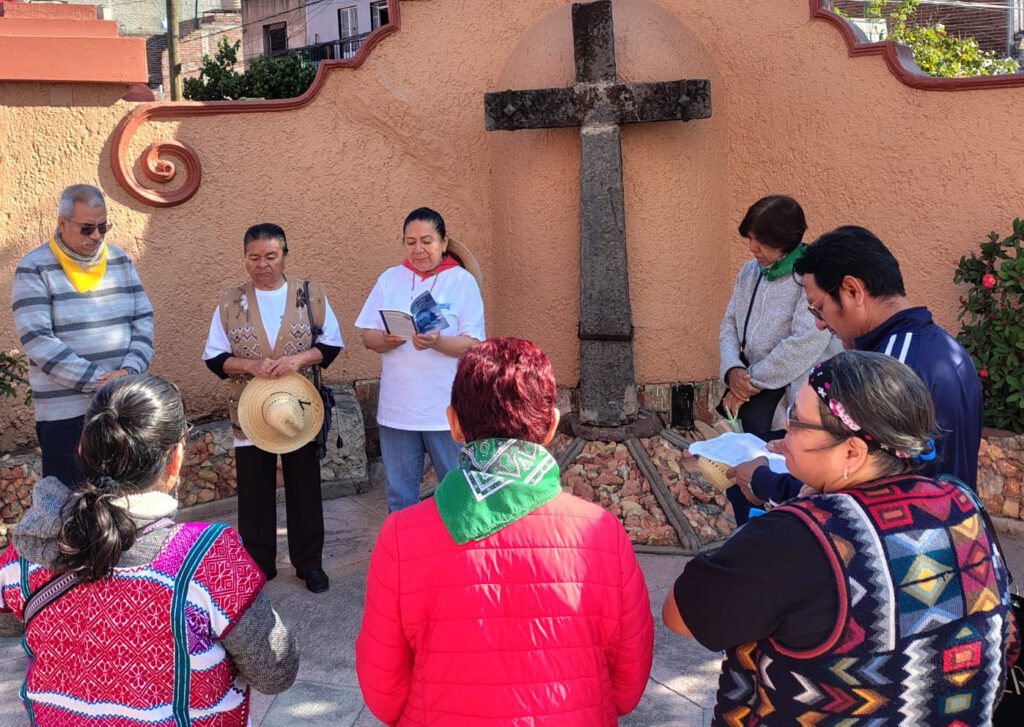
José David Rojas Quesada, CLM Costa Rica in Mexico




